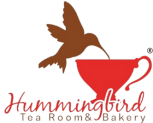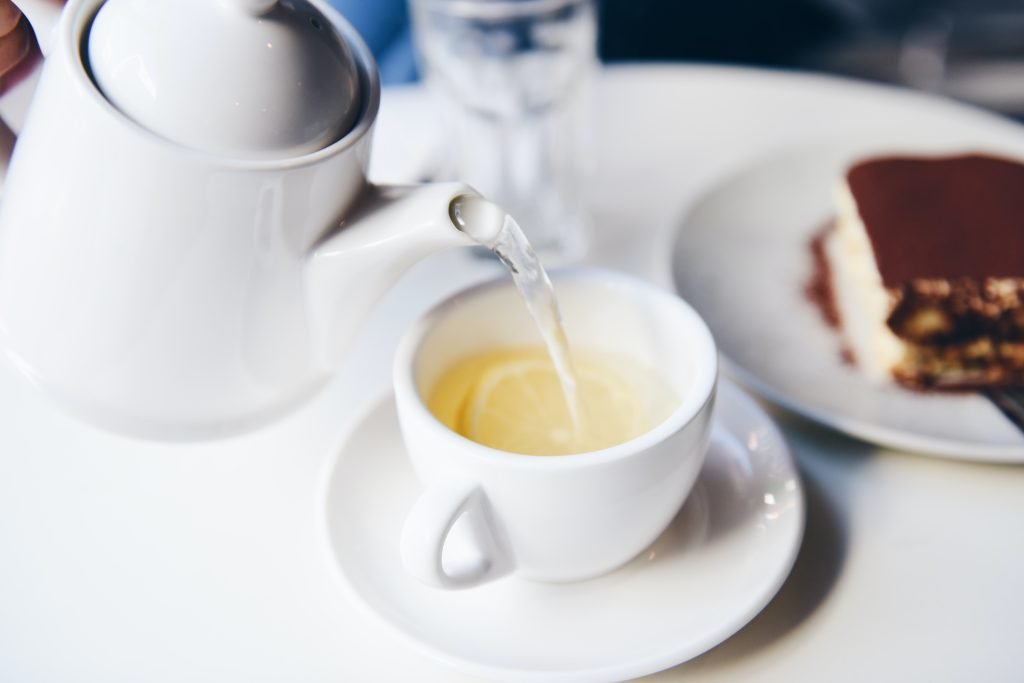“I can’t seem to figure out what’s going on with me, but I’m constantly tired even though I’m not exerting myself.” This statement, health experts say, is the most frequently heard refrain when patients step into their offices, grappling with what’s commonly referred to as “spring asthenia” or spring fatigue.
This observation is also echoed by practitioners of natural health, who notice a surge in consultations and sales of products aimed at combating fatigue as spring arrives, intensifying the prevalence of spring asthenia – a term coined to encompass the shared symptoms experienced by those who suffer from it. Curiously, despite this clustering of symptoms and experiences, the medical field refrains from classifying it as an actual disease.
In reality, there isn’t a discrete ailment labeled as ‘spring asthenia,’ as the arrival of spring itself isn’t the direct cause of fatigue. Instead, this season becomes a period when individuals grappling with profound exhaustion tend to visit medical offices more frequently due to a convergence of various factors.
Spring asthenia arises from the adaptation of our internal biological clock – responsible for regulating sleep patterns, appetite, and body temperature – when confronted with prolonged daylight hours and warmer temperatures compared to the winter months.
The typical recommendations for managing this condition often center around adopting healthy habits, utilizing specific medications if underlying serious issues are present, and incorporating vitamin supplements. Herbal infusions crafted from medicinal plants are also a valuable tool in addressing these cases.
Understanding Spring Asthenia and its Indications
Spring asthenia isn’t limited to any specific gender or confined to those who complain. This condition can affect anyone, although it tends to affect adolescents and individuals aged 20 to 50 more acutely. Roughly one in ten individuals within this age range are estimated to experience it each year.
This fatigue can manifest on a single occasion or recur across different years, particularly when linked to viral infections. The distinctiveness of this seasonal shift lies in its simultaneous occurrence with factors like viral infections and heightened pollen activity.
While these factors can render certain individuals more susceptible to the widely recognized spring asthenia, it often stems from underlying health problems such as allergies or psychological issues that manifest more potently during this season. In fact, the presence of spring asthenia often unveils health conditions like respiratory problems that have been developing over time.
Typical symptoms include:
- Profound fatigue
- Difficulty falling asleep
- Reduced appetite
- Irritability
- Feelings of sadness
- Headaches
- Low energy levels
- Memory difficulties
Should you experience these symptoms, consulting a healthcare professional is advised to secure a proper diagnosis. While it’s likely that the fatigue is asthenia, which tends to abate within two to three weeks, healthcare providers may recommend implementing certain positive routines, intensifying existing ones, considering vitamin supplementation, specific dietary choices, or even medication for more severe cases.
Promoting Spring Asthenia Recovery Through Habits
As mentioned earlier, medical practitioners and proponents of natural health often emphasize certain practices to alleviate the aforementioned symptoms. Some common suggestions include:
- Prioritizing sleep hours: Regardless of the potential struggle, it’s vital to rest and relax. Aim for 6 to 8 hours of sleep, tailored to your lifestyle and condition. Extending sleep beyond 10 hours can also impact your well-being.
- Maintaining regular meal times: Despite a busy schedule, ensuring you consume the three main meals of the day is crucial for supplying essential nutrients. Supplementing with small snacks in between can bridge gaps and prepare you for the next significant meal.
- Opting for balanced, nutritious meals: Cultivate a diet rich in vegetables and legumes, constituting half your daily intake, while complementing it with fruits, whole grains, meats, and fish.
- Hydration: Staying hydrated is always important, and it becomes even more vital in these scenarios. Aim to consume 1.5 to 2 liters of water daily. If plain water proves challenging, herbal teas without added sugars can be a suitable alternative.
- Gentle exercise: Physical activity remains beneficial even when fatigue is present. Engaging in a brisk 30-minute walk daily can release endorphins, enhance sleep quality, and bolster mood. Consider accompanying this with music or podcasts for an enjoyable experience.
Harnessing Medicinal Plants for Spring Asthenia
Staying aligned with our commitment to natural approaches, here is a compilation of medicinal plants that can aid in combating spring asthenia:
- Green tea: Known for its stimulating effects and fatigue reduction properties.
- Rooibos: Eases headaches naturally while addressing the stress and anxiety that often accompany spring asthenia.
- Ginseng: Enhances mental clarity, boosts physical well-being, and reinforces the immune system.
- Hypericum: Effective against fatigue and contributes to improving mood.
- Ginger: Renowned for its multifaceted benefits, ginger offers vitality and well-being, bolstering the body’s natural defenses.
While not strictly a medicinal plant, royal jelly also comes highly recommended during this season. Additionally, spices like pure cocoa and cinnamon play a role in mitigating spring asthenia symptoms, particularly in restoring energy and enhancing mood.
Empowering Recovery with Infusions: Drawing from the aforementioned strategies, here are some of the finest teas to counter spring asthenia. These can be sourced from our online store:
- Organic Green Assam
- Thai Lemongrass Ginger
- Organic Naked Rooibos
- Rooibos coco chai
MEDICAL DISCLAIMER
Hummingbirdtearoom.com cannot and does not contain medical/health advice. The medical/health information is provided for general and educational purposes only and is not a substitute for professional advice.


